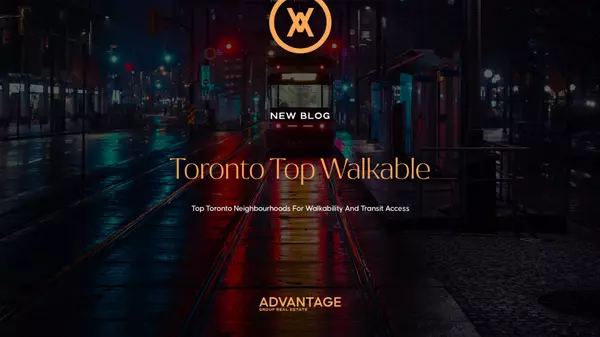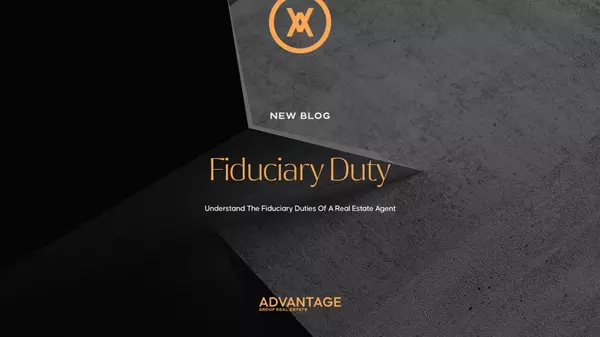
What Are The Must Have Documents When Buying A Home In Ontario
Mortgage Pre-Approval: Setting the Stage with the Right Documents Getting pre-approved for a mortgage is a smart first step in your journey to homeownership in Ontario. This process gives you an idea of how much you can afford and shows sellers that you're a qualified buyer. Lenders base their pre

Top Toronto Neighbourhoods for Walkability and Transit Access
Toronto is in the midst of a walkability revolution! More and more residents are ditching their cars in favour of neighbourhoods where daily errands and city adventures are just footsteps away. This desire for convenient living is reflected in tools like "Walk Score" and "Transit Score." These rat

New Capital Gains Tax Rules in Canada
Disclaimer: This blog post is for informational purposes only and should not replace the advice of a qualified tax professional. The Canadian real estate investment landscape is changing. Recent budget changes may significantly shift how the government taxes capital gains. If you own investment pr
Categories
Recent Posts











